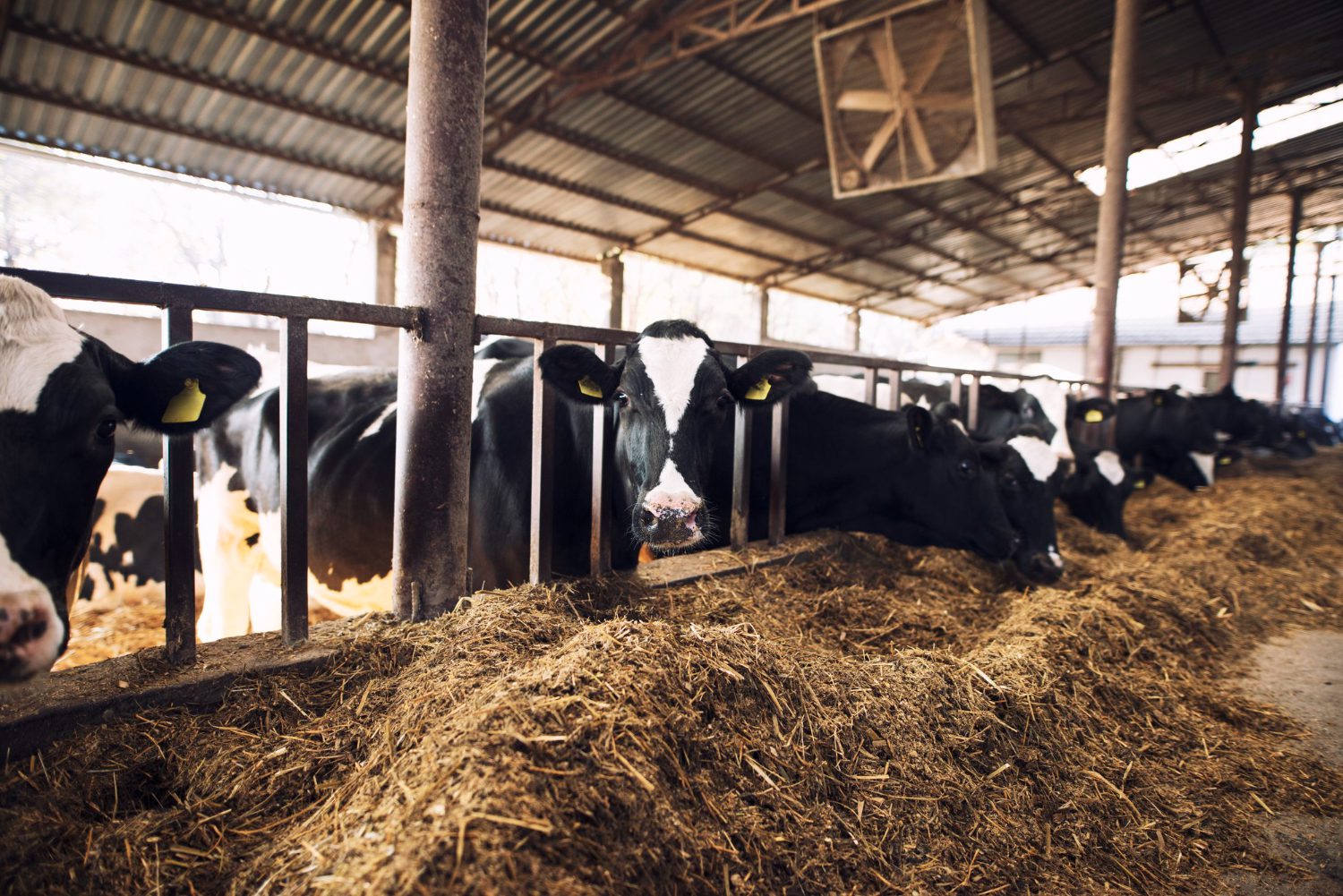Get the Best Pipe Size for Your Fence: Tips & Tricks

The fence that encloses your property is more than a simple boundary; it’s a hard-working, multi-faceted piece of architecture that should serve multiple needs. Whether you’re safeguarding your cattle or simply beautifying your estate, selecting the right size of pipe is the cornerstone of any successful fencing project. By the end of this read, you’ll grasp why the right pipe size is crucial, especially when considering pipe fencing for cattle.
Factors Influencing Your Choice of Pipe Size
When it comes to constructing a fence, you’ll find an abundance of options. However, it’s critical to assess several key factors that will influence your choice of pipe size. Consider each aspect in detail, from the specific needs of your livestock to the environmental conditions your fence will face. For instance, pipe fencing for cattle would require certain specifications that differ from horse fencing.
Strength and Durability Matter
No one wants to construct a fence only to replace it within a few years. The durability of your fence will depend largely on the thickness and diameter of the pipe you select. In the case of horses, a large diameter, lighter weight, high tensile pipe usually does the trick. For cattle, however, you might consider a slightly different set of dimensions, especially in areas prone to extreme weather.
Flexibility Versus Rigidity with Pipe Fencing for Cattle
It might seem counterintuitive, but a fence needs to possess both flexibility and rigidity. This is especially true for those who are considering steel pipe fencing for cattle. Cattle can lean against the fence, and it should avoid injuring the animal. At the same time, the pipe should be rigid enough to withstand external forces like wind and storms.
Debunking Myths About Pipe Size and Material
Given the plethora of opinions about which pipe size is best, it’s easy to fall victim to misconceptions. Many would suggest that lighter wall tubes would bend more easily than solid bars, but this is misleading. In reality, even lighter tubes can offer excellent durability and strength if chosen wisely. Steel pipe as the fence offers a higher level of durability and quality.
Making an Informed Decision
It’s true; suppliers will often recommend sizes that they have in abundance. But, making an informed decision will make your fence safer and more cost-effective in the long run. Always consider your needs first. Research, consult with experts and plan accordingly to ensure you choose the perfect pipe size for your specific application.
Impact of Environmental Factors
Often overlooked, environmental factors like weather, soil type and even local wildlife can significantly influence the ideal size of your fence pipe. For instance, a more robust and thicker pipe may be advantageous in regions prone to high winds or heavy snowfall. Similarly, the type of soil where you plan to install the fence could affect the pipe size, especially when it comes to stability and anchoring. While a standard pipe size may be sufficient in a moderate climate, more extreme conditions may require adjustments. Taking the environment into account ensures your fence remains steadfast, no matter what Mother Nature throws its way.
By paying attention to these critical aspects, you can build pipe fences for cattle that are strong, durable and tailored to your specific needs. Understanding how each size of pipe impacts the overall performance of your fence can save you both time and money. So, go ahead and plan that robust fencing for your property, whether it’s to secure your cattle or define your estate’s boundaries. With the right information at your fingertips, you’re already halfway to constructing the perfect fence.
Secure Your Investment with the Right Choice
Ready to build a fence that stands the test of time? Choose Bison Pipe for your next fencing project. Our expertise ensures you get the perfect size and material for your specific needs, especially when it comes to steel pipe fencing for cattle. Don’t compromise; choose quality and durability today.

